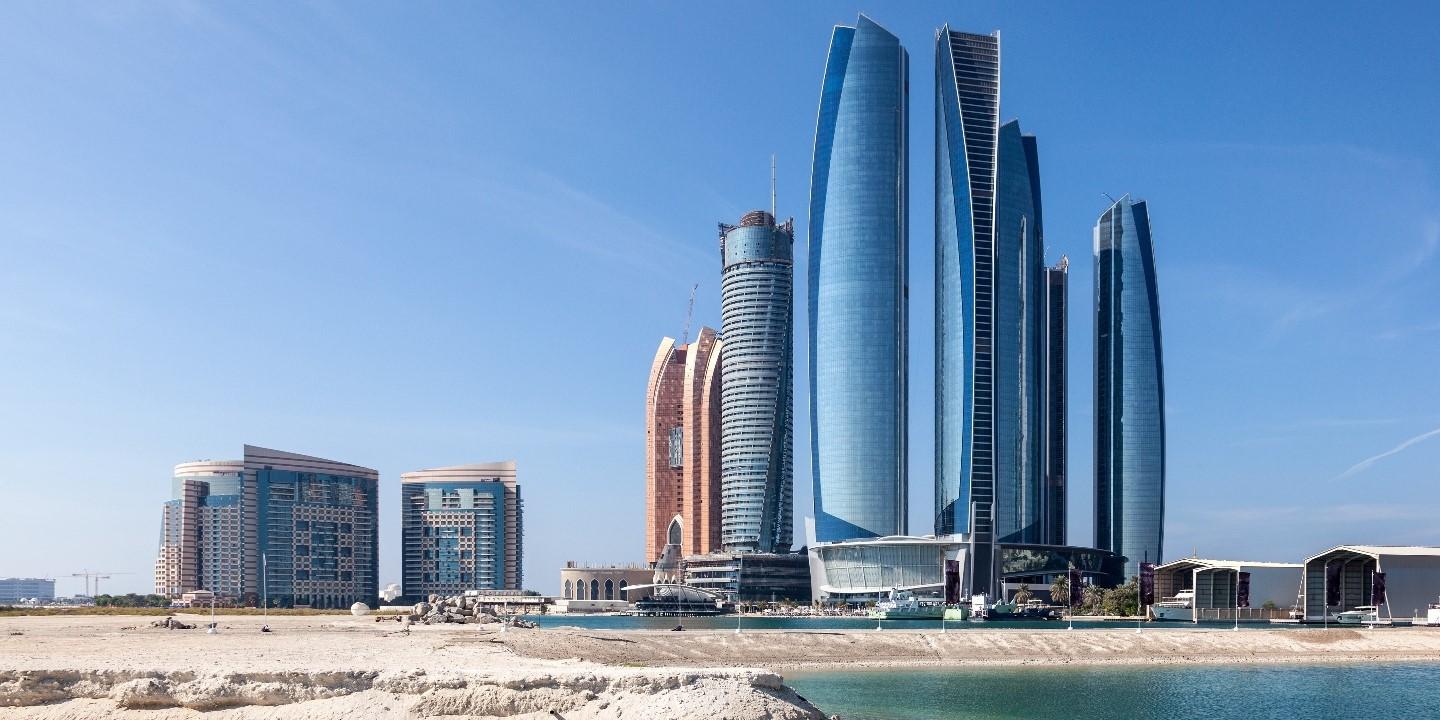The United Arab Emirates continues to strengthen its position on the global stage. This year, it was ranked among the countries with the highest levels of happiness, security, business development and international influence.
In addition, for the first time, two cities - Dubai and Abu Dhabi - have been ranked in the top five smartest cities in the world by the International Institute for Management Development (IMD, Switzerland).
In the sixth annual IMD Smart City Index 2025 report, Dubai ranked 4th and Abu Dhabi 5th, up from 12th and 10th respectively.
Zurich, Oslo and Geneva remain at the top of the ranking, occupying the first three lines, confirming the stable quality of the urban environment and the high level of technological development. Interestingly, despite successes in digitalisation, the main challenge for most megacities, including those at the top of the ranking, is housing affordability. Population growth, increased migration flows, rising prices and the cost of construction materials are creating serious obstacles to providing citizens with comfortable and affordable housing.
New steel and lumber tariffs introduced by Donald Trump's administration are expected to further increase construction costs, exacerbating the problem in already overheated markets. From Dublin to Vancouver to Dubai, residents in megacities around the world are sounding the alarm. Between 80% and 100% of respondents cited housing costs as the number one urban problem. IMD points out that a significant proportion of the population cannot afford to rent a home that costs less than 30% of their average salary.
Economic growth is often accompanied by an increase in the cost of living, especially housing, which widens the gap between incomes and real opportunities for urban dwellers,' said Arturo Bris, director of IMD's Centre for Global Competitiveness.
 It is worth noting that the 2025 IMD Smart City Index ranking includes six new cities: Al-Ula (Saudi Arabia), Astana (Kazakhstan), Caracas (Venezuela), El Kuwait (Kuwait), Manama (Bahrain) and San Juan (Puerto Rico).
It is worth noting that the 2025 IMD Smart City Index ranking includes six new cities: Al-Ula (Saudi Arabia), Astana (Kazakhstan), Caracas (Venezuela), El Kuwait (Kuwait), Manama (Bahrain) and San Juan (Puerto Rico).
This brings the total number of cities assessed to 146. The IMD rankings are based on an analysis of infrastructure, levels of digitalisation and responses from residents from different social groups. The focus is on how technology and urban governance affect daily life.
While Dubai and Abu Dhabi are rapidly moving up the rankings, some cities are facing the opposite dynamic. Taipei, for example, has fallen from 16th to 23rd place. At the same time, Ljubljana (Slovenia) has made significant progress, rising from 32nd to 16th. The IMD noted that Ankara, Buenos Aires, Cairo, Seattle and Stockholm have all experienced declines in various indicators over the past three years. At the same time, Doha, Riga and Zagreb have advanced and improved their positions.
The report stresses that technological progress is not always accompanied by an even distribution of benefits. Gentrification, speculative investment, a lack of affordable new construction and immigration pressures all contribute to an uneven picture of urban prosperity, particularly in megacities. The success of the UAE cities is a prime example of how strategic planning, sustainability and technological inclusiveness can lead to global leadership, making Dubai and Abu Dhabi not only smart but socially inclusive megacities of the future.
